The thing you have to understand about any government that promises transparency and accountability is pretty simple: they’re lying to you.
In big ways and small, they don’t intend to be open or transparent about anything. At best, it’s telling people what they want to hear. At worst, well, at worst it takes our rotten institutions and lets them putrefy just a little more.
This week’s wretched stink comes from the House of Commons defence committee. They were investigating sexual misconduct allegations made in 2018 against then chief of the defence staff, Jonathan Vance, which were publicized after he retired earlier this year. Vance has been accused of having inappropriate sexual relationships with two of his subordinates — relationships specifically forbidden for officers by law.
Naturally, once it became public that the head of all three branches of Canada’s military had been accused of misconduct three years prior and nothing seemed to have been done, there were some questions. So, in stepped the defence committee to investigate.
Don’t expect any answers.
On Monday, the investigation — or study, as it’s called — was shut down by a Liberal motion, with support from Bloc Quebecois MPs on the committee. The Liberals say this is to make sure they can finish their report by the summer break.
This news wasn’t received very well by the NDP and Conservatives, who wanted to keep going, for reasons you might imagine. NDP MP Randall Garrison, for example, said, “No one has taken responsibility and no one has apologized. Until we get to the bottom of who knew what when, we have not concluded this study.”
What we did learn from the testimony that was allowed was the sort of stuff that makes you go, “Hunh, that doesn’t seem very good.”
For example, Defence Minister Harjit Sajjan learned about the allegations shortly after they were first made. He supposedly told someone in the prime minister’s office (PMO) about it, but not Justin Trudeau himself.
As you might imagine, the committee wanted to speak with ministerial staff — like the PMO staffer Sajjan had informed, for example — who might offer more information. But this request was shot down because it goes against the idea of ministerial responsibility, where the elected officials should bear all responsibility, and make all public statements.
But it’s been a very long time since our government has functioned in a way where ministers were functionally responsible for anything. People don’t resign for failures, or missteps. Policy is set largely in the offices of the prime minister, with staff doing much of the heavy lifting. This is the sort of thing that they like pointing out when things are going well — the numerous stories and lengthy interviews with senior staffers Katie Telford and Gerald Butts in the pre-pandemic days showing how they have guided Trudeau to victory and good governance are good examples — but when it’s time to lay blame gotta hide those people behind threadbare traditions.
You can see the way the system protects itself from the outside, too. CBC published a story last week from their senior defence writer, running interference for the government, wondering why the accusers were allowed to speak to the media at all. Shouldn’t they have been stopped by military lawyers from telling the truth about what was happening to the, gasp, public?
Why should the public know about the possible misdeeds of the country’s leadership? Very good question Mr. Journalist, sir!
But there are lingering questions around the handling of the allegations against Vance — like, why did he keep his job, for example — as well as allegations against the man who succeeded him, Art McDonald, who had to step aside from the role of chief of the defence staff when he was also accused of sexual misconduct.
Investigations must take place, quiet inquiries must be had, but none of this can happen in parliament, lest things get too political.
So we will follow another process. This country is awash in process. So much of what doesn’t work in this country is mired in the muck of following the process.
The country is broken in fundamental ways that no report, no consultation, no committee investigation will fix. The process is the problem. The process is what obscures from all of us the truth of what those in power are doing, what motivates their decisions. The process allows committees to be shut down because their subjects are uncomfortable. It allows the minister to cover for staff who may actually have answers to the public’s questions.
The process allows for politicians to say they are being transparent, when they are being anything but.

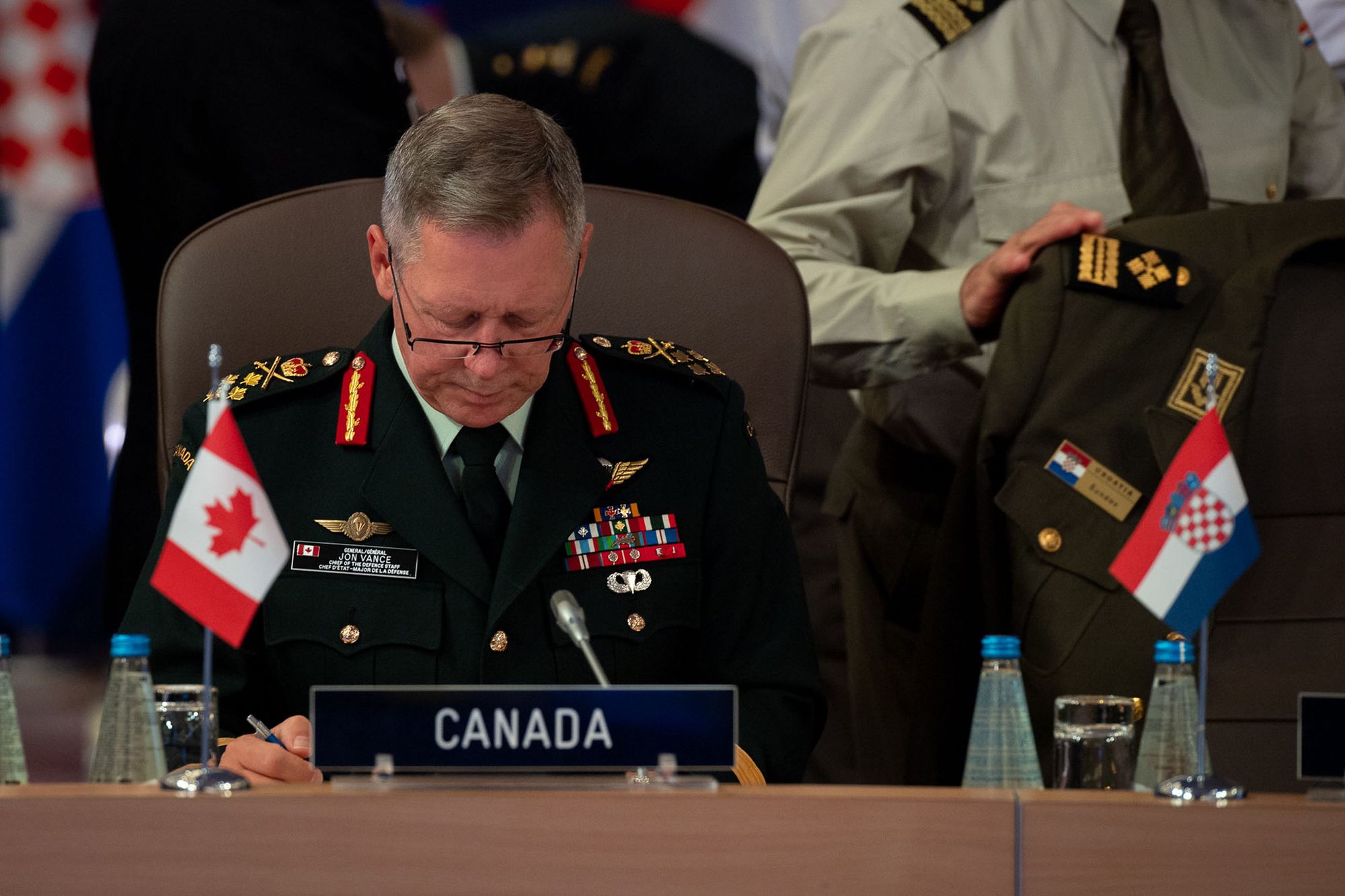

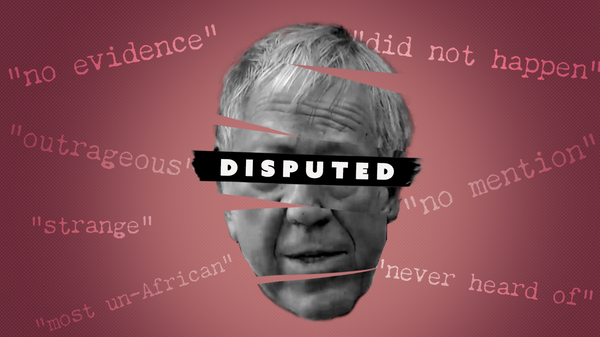
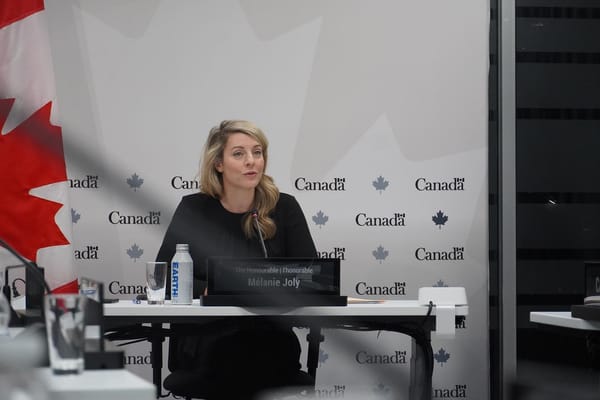
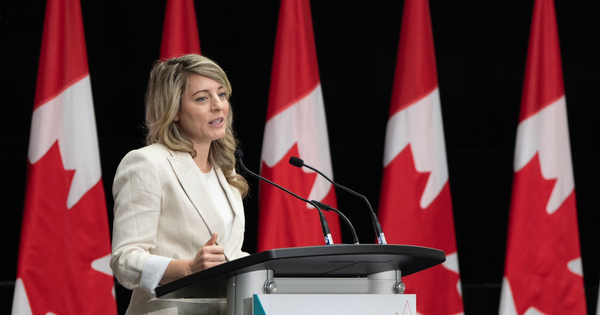
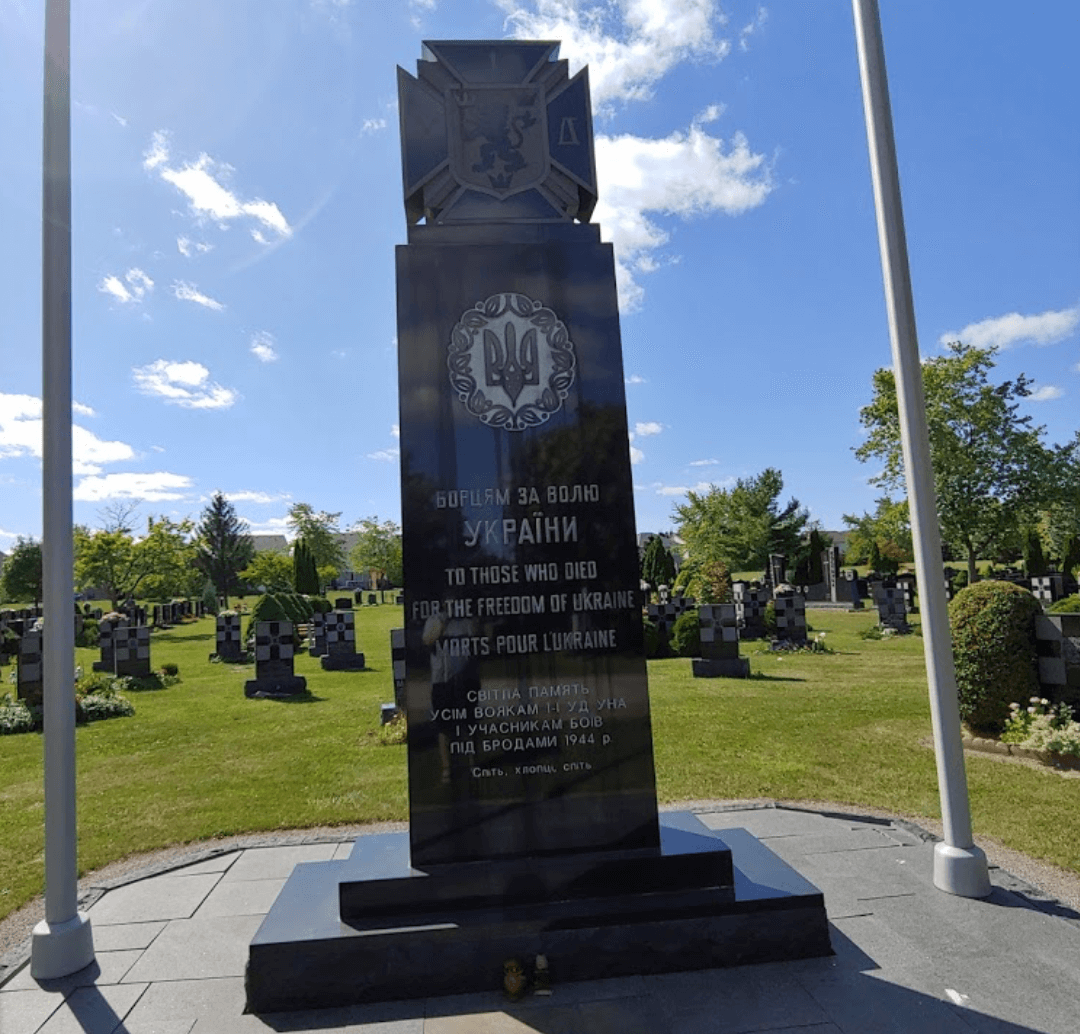
Member discussion